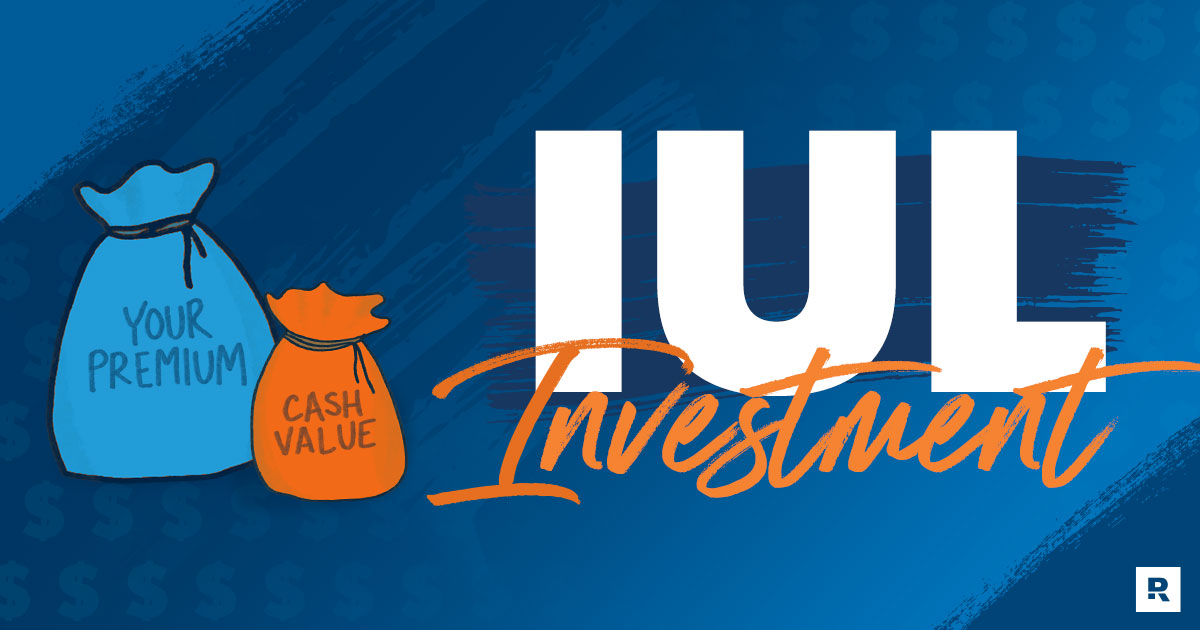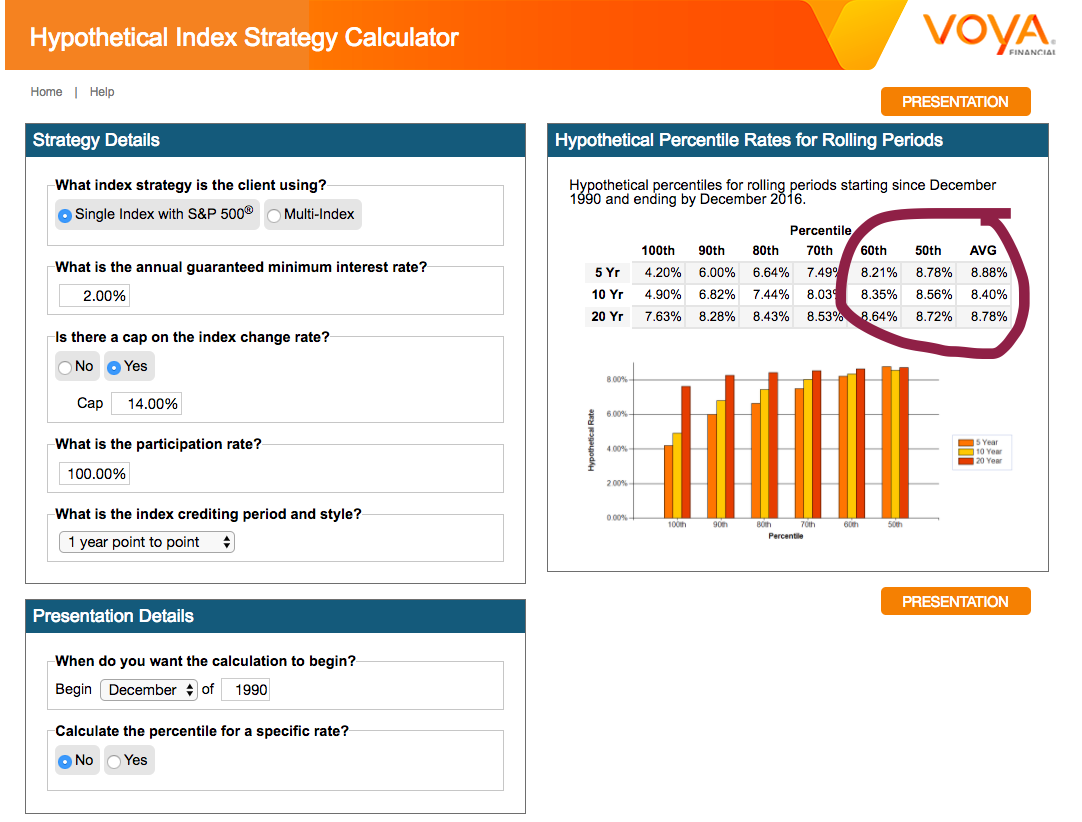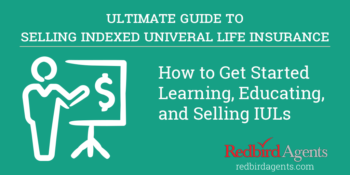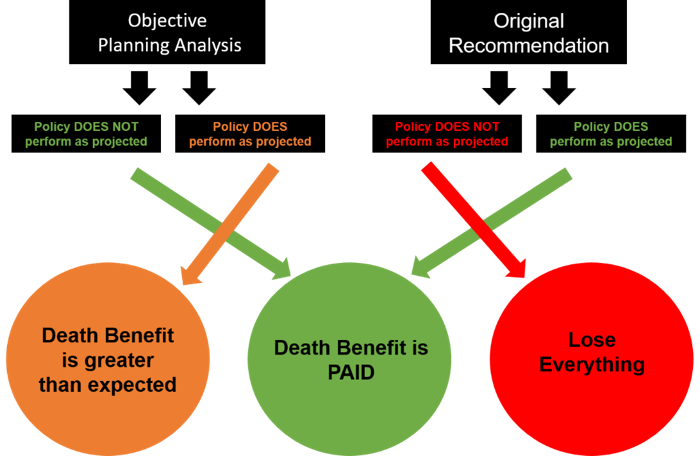All Categories
Featured
Table of Contents
1), usually in an attempt to defeat their category averages. This is a straw guy disagreement, and one IUL folks like to make. Do they contrast the IUL to something like the Lead Total Supply Market Fund Admiral Show no tons, an expenditure proportion (EMERGENCY ROOM) of 5 basis factors, a turn over ratio of 4.3%, and an extraordinary tax-efficient document of distributions? No, they compare it to some terrible actively taken care of fund with an 8% tons, a 2% ER, an 80% turnover proportion, and a terrible record of short-term funding gain distributions.
Mutual funds typically make annual taxed circulations to fund proprietors, also when the value of their fund has actually gone down in worth. Common funds not only require income reporting (and the resulting yearly tax) when the shared fund is rising in value, however can additionally enforce income tax obligations in a year when the fund has decreased in worth.
That's not just how shared funds work. You can tax-manage the fund, harvesting losses and gains in order to reduce taxable circulations to the investors, but that isn't in some way mosting likely to transform the reported return of the fund. Just Bernie Madoff types can do that. IULs avoid myriad tax traps. The possession of shared funds may call for the shared fund owner to pay approximated taxes.

IULs are simple to place to ensure that, at the owner's death, the recipient is exempt to either income or estate taxes. The exact same tax obligation decrease methods do not function almost too with common funds. There are various, commonly expensive, tax traps related to the moment trading of shared fund shares, catches that do not use to indexed life insurance policy.
Opportunities aren't really high that you're going to go through the AMT as a result of your common fund circulations if you aren't without them. The remainder of this one is half-truths at finest. While it is real that there is no earnings tax due to your successors when they acquire the profits of your IUL plan, it is likewise real that there is no earnings tax obligation due to your beneficiaries when they acquire a shared fund in a taxed account from you.
Maximum Funded Universal Life Insurance
There are far better means to prevent estate tax concerns than getting financial investments with reduced returns. Common funds may create revenue taxes of Social Protection advantages.

The development within the IUL is tax-deferred and may be taken as tax free revenue through fundings. The policy owner (vs. the mutual fund manager) is in control of his or her reportable earnings, therefore allowing them to minimize or also remove the taxes of their Social Security advantages. This set is wonderful.
Right here's one more very little problem. It holds true if you acquire a shared fund for state $10 per share right before the distribution day, and it distributes a $0.50 circulation, you are then mosting likely to owe tax obligations (most likely 7-10 cents per share) although that you have not yet had any kind of gains.
In the end, it's truly regarding the after-tax return, not how much you pay in tax obligations. You're likewise most likely going to have even more money after paying those taxes. The record-keeping demands for possessing mutual funds are considerably much more complex.
With an IUL, one's documents are kept by the insurer, copies of annual declarations are sent by mail to the proprietor, and distributions (if any) are completed and reported at year end. This one is also type of silly. Of course you ought to keep your tax records in case of an audit.
Universal Guarantee Life Insurance
All you need to do is push the paper into your tax folder when it reveals up in the mail. Rarely a factor to buy life insurance policy. It resembles this guy has never ever spent in a taxable account or something. Common funds are frequently component of a decedent's probated estate.
Furthermore, they undergo the hold-ups and expenses of probate. The proceeds of the IUL policy, on the various other hand, is constantly a non-probate distribution that passes beyond probate straight to one's called recipients, and is consequently exempt to one's posthumous financial institutions, unwanted public disclosure, or similar hold-ups and costs.
We covered this set under # 7, yet simply to recap, if you have a taxable common fund account, you need to place it in a revocable count on (or perhaps easier, use the Transfer on Death designation) to avoid probate. Medicaid disqualification and life time revenue. An IUL can give their owners with a stream of earnings for their whole lifetime, no matter for how long they live.

This is helpful when arranging one's events, and converting possessions to revenue before a retirement home confinement. Common funds can not be transformed in a similar fashion, and are often considered countable Medicaid assets. This is one more stupid one promoting that poor people (you recognize, the ones who require Medicaid, a government program for the bad, to spend for their assisted living home) should utilize IUL rather of shared funds.
Single Premium Indexed Universal Life Insurance
And life insurance policy looks awful when contrasted fairly versus a retired life account. Second, individuals that have money to purchase IUL above and beyond their pension are going to have to be terrible at taking care of cash in order to ever receive Medicaid to spend for their assisted living facility costs.
Chronic and terminal ailment cyclist. All plans will certainly enable a proprietor's easy accessibility to cash money from their policy, typically forgoing any abandonment charges when such people suffer a serious health problem, need at-home treatment, or become restricted to an assisted living home. Shared funds do not supply a comparable waiver when contingent deferred sales costs still use to a mutual fund account whose proprietor needs to sell some shares to fund the prices of such a remain.
Universal Life Insurance Cons
Yet you reach pay even more for that advantage (rider) with an insurance plan. What a great bargain! Indexed global life insurance coverage supplies fatality benefits to the beneficiaries of the IUL proprietors, and neither the owner neither the recipient can ever lose money as a result of a down market. Shared funds offer no such assurances or fatality advantages of any kind of kind.
I absolutely don't require one after I reach economic freedom. Do I want one? On standard, a purchaser of life insurance policy pays for the real cost of the life insurance policy advantage, plus the costs of the plan, plus the revenues of the insurance coverage firm.
Financial Foundation Index Universal Life
I'm not entirely sure why Mr. Morais included the whole "you can't lose cash" once more here as it was covered quite well in # 1. He just intended to repeat the very best selling factor for these things I suppose. Once again, you do not lose small dollars, but you can shed actual dollars, in addition to face serious chance price as a result of reduced returns.

An indexed universal life insurance policy plan proprietor might trade their plan for a totally different plan without causing revenue taxes. A common fund owner can not move funds from one mutual fund company to another without offering his shares at the previous (thus activating a taxed event), and repurchasing new shares at the last, frequently based on sales costs at both.
While it holds true that you can exchange one insurance plan for another, the factor that people do this is that the first one is such a terrible policy that even after purchasing a new one and undergoing the early, negative return years, you'll still appear ahead. If they were offered the right policy the initial time, they should not have any kind of need to ever trade it and undergo the very early, adverse return years again.
Latest Posts
Disadvantage Insurance Life Universal
Accumulation Value Of Life Insurance
What Is The Difference Between Universal And Whole Life Insurance